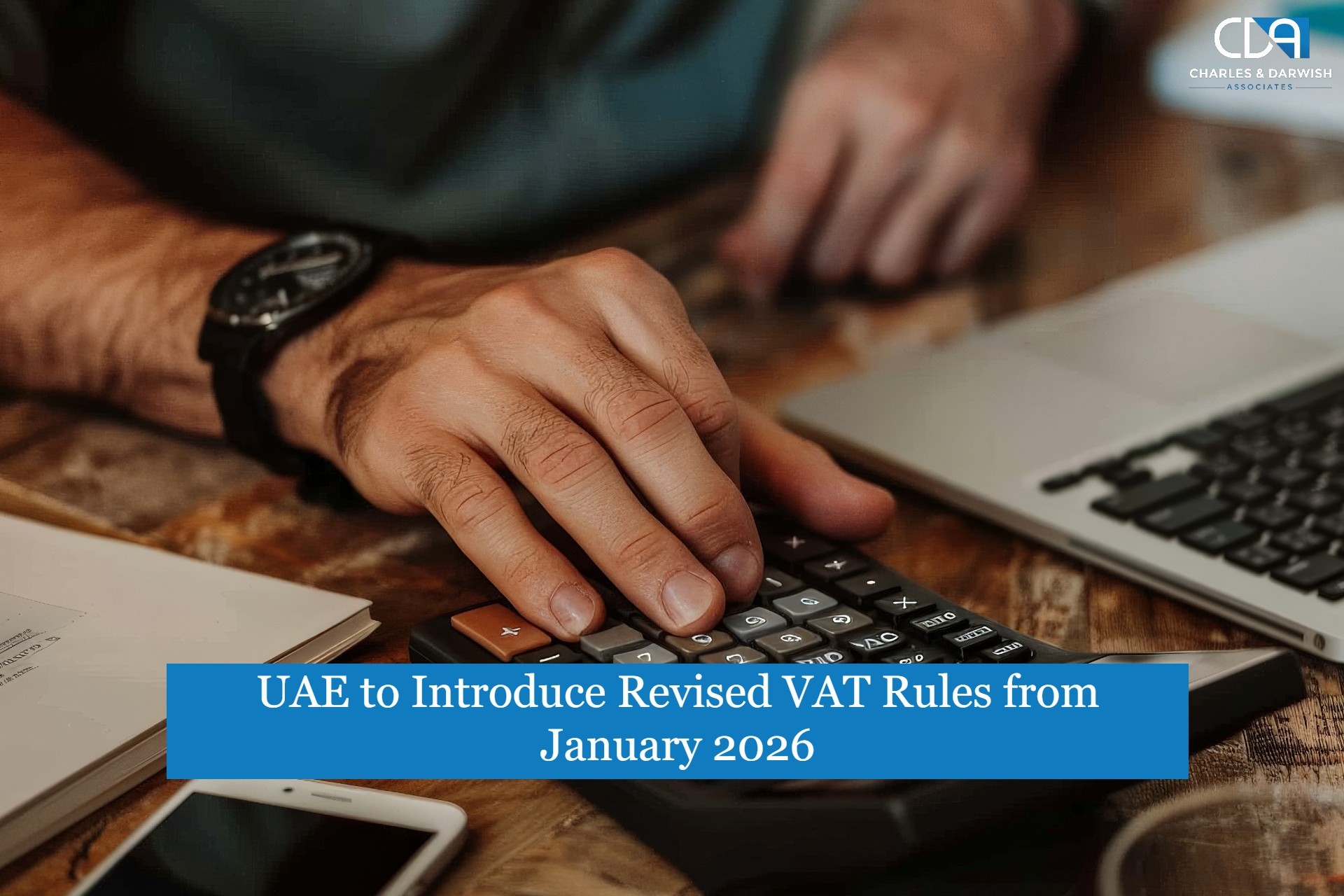What is the Requirement for Accounting And Auditing in DIFC?
Dubai International Financial Centre (DIFC) has quickly established itself as an excellent financial hub among a wide variety of businesses from around the world. It plays a key role in driving economic growth and encouraging international boundaries and regional innovation.
The financial ecosystem is quite vibrant and complicated, so it necessitates a strict financial reporting system. In DIFC, the most important aspect of business is to adhere to international standards of accounting and audit. It adds the integrity and reliability of financial information and builds confidence in the investor getting access to capital markets. Consequently, it leads towards the establishment of a fair environment as well.
Finally, we intend to let you know the most relevant regulations covering this and the reasons for compliance. This blog sheds light on the importance of the audit and accounting requirements for the businesses in DIFC.
Understanding the DIFC Regulatory Framework
The Dubai International Financial Centre must require governmental supervision that should be a genuinely robust and transparent regulatory framework that would pave the way for peaceful and transparent financial activities. This regulation is monitored by two main bodies.
- DIFC Authority: It is the main body governing the administration and the overall strategy to shape up the infrastructure and to encourage growth.
- Dubai Financial Services Authority (DFSA): The DFSA is an independent regulatory authority in charge of licensing, regulating, and overseeing compliance with the laws controlling the DIFC.
Implementation of regulations on the Accounting and Audit Requirements
The DIFC regulation significantly influences the accounting and auditing scenario as it stands in centres within it. The important aspects of accounting and auditing as defined under this include:
- Financial Reporting Requirements: The companies should have accurate and up-to-date financial records. This includes the preparation of accurate financial statements as per the standards.
- Auditing Standards: Some companies should subject themselves to independent audits by certified auditors like CDA that shall ensure the accuracy and reliability of the financial records in such a manner that would result in investor confidence.
- Corporate Governance: Corporate governance is highly important to the Companies, as it would be a very primitive thing to just set up warehouse-type internal control procedures that could work for ensuring the transparency
Accounting Requirements in the DIFC
Below are some of the accounting requirements in DIFC:
- Mandatory Compliance with IFRS: Any company doing business in DIFC has to prepare their financials and shall therefore have to comply with IFRS principles, which are an international financial reporting standard.
- Polished Record Keeping: Companies will be required to keep precise, up-to-date records of financial transactions. These records should include:
- Transacting records like sales, purchases, expenses, and so on.
- Bank statements
- Contracts and agreements
- Inventory records
- Fixed asset records
- Payroll records
- Tax records
The nature of business and regulations applicable for business may vary based on the type of records and the period of retention.
Filing within Deadline and Penalties
It is a mandatory requisite for the businesses to submit the audited financial statements to the authorities within 4 months from the end of the relevant financial year. A breach or failure to comply with the deadlines or allowed accounting standards may cause a cost to the business, including:
- Fine
- License to be suspended or revoked
- Reputation damage
Auditing Requirements in DIFC
It is mandatory for certain types of companies to get their financial statements audited by a registered auditor like CDA with the Dubai Financial Services Authority. This does not include every kind of company in DIFC. The types of companies normally included will encompass the following:
- Public companies
- Companies with specific turnover thresholds set by DFSA
- Companies with special requirements set by regulation based on their activities
Important Audit Procedures In DIFC
A DIFC audit typically involves the following procedures:
- Planning and Risk Assessment: Understanding the operations, assessing the risks of material misstatements the company may have faced, and devising an audit plan.
- Internal Controls Testing: Assessing the effectiveness of your internal controls over financial reporting.
- Substantive Procedures: Ensuring the accuracy of the transactions, balances, disclosures, financial statements, etc.
- Analytical procedures: Identifying any unusual trends and relationships within the data
- Year-End Adjustments: Accounting entries at year-end get finalized by the auditor like CDA and ensure proper application of accounting standards
- Issuing an Audit Opinion: An opinion will be given by the auditor regarding the thoroughness of the financial statements for the company's accounting and performance.
The audited financial statements must come along with the auditor's report to the DIFC Registrar within the first four months of the entity's financial year.
Why Choose CDA?
It is necessary that the businesses duly satisfy the accounting as well as audit standards that are being practiced in the DIFC's dynamic ecosystem. A serious business might need to take on the services of CDA to ensure compliance by their contribution in accounting and auditing services. CDA would be competent in providing the best advice on issues related to financial reporting, helping organizations through the compliance-audit framework, and developing internal controls in a company. To know more about our services, connect to CDA.

Jijo Saji
Senior Auditor
Senior Auditor with over 10 years of experience in auditing, taxation, and financial reporting. Proven expertise in statutory audits, VAT compliance, and advisory services across diverse industries.













